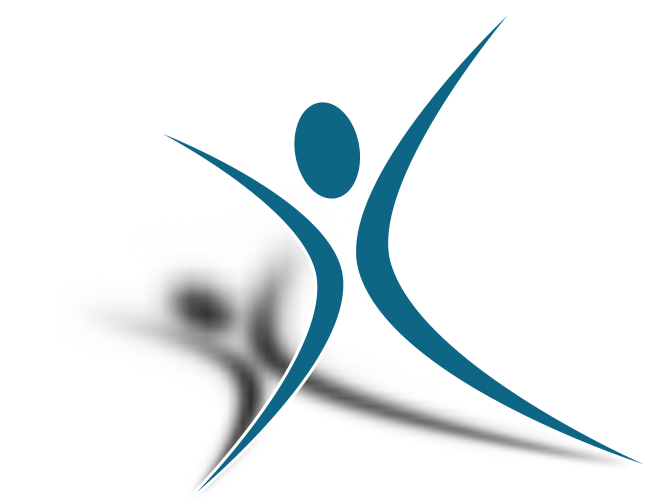Archive for December 2023
Golf Injuries
“Golf, a sport synonymous with tranquility and precision, also poses its share of physical challenges and potential injuries. Despite its leisurely pace, golfing’s repetitive motion and biomechanical demands can cause various types of injuries affecting different parts of the body.
One of the most common golf-related injuries involves the back. The rotational nature of the golf swing places immense stress on the spine, particularly the lower back. Golfers can experience strains, sprains, or herniated discs due to the force exerted during the swing motion. Poor swing mechanics or overuse can exacerbate these issues, leading to chronic pain and discomfort.
Moreover, the upper extremities, including the wrists, elbows, and shoulders, are susceptible to injuries due to the repetitive nature of swinging the club. Golfer’s elbow, akin to tennis elbow, is a prevalent condition characterized by inflammation and pain in the tendons on the inside of the elbow. Rotator cuff injuries and shoulder strains can also occur due to the repetitive stress of the golf swing.
The lower body is not immune either. Walking long distances combined with the force exerted during swings can lead to knee and hip injuries. Strained muscles, tendinitis, and stress fractures are common lower body injuries among golfers.
To prevent these injuries, golfers increasingly focus on proper technique, physical conditioning, and warm-up routines. Strengthening core muscles, maintaining flexibility, and incorporating exercises specifically targeting the muscles used in golf swings significantly reduce the risk of injury. Additionally, using proper equipment, such as clubs that fit the player’s physique and employing ergonomic techniques, can alleviate stress on the body.
When injuries occur, timely intervention is crucial. Rest, ice, compression, and elevation (RICE) are initial steps for acute injuries, followed by rehabilitation exercises and seeking professional medical advice if necessary. Physical therapists, chiropractors, and sports medicine specialists often play a pivotal role in the recovery process, employing targeted therapies to aid golfers in returning to the course safely.
Understanding the potential for injuries in golf underscores the importance of proactive measures to maintain physical health and performance. By implementing proper techniques, engaging in conditioning programs, and seeking appropriate care when needed, golfers can mitigate the risks associated with this elegant yet physically demanding sport, ensuring that their time on the green remains both enjoyable and injury-free.” Call (510) 523-6773
Hydrotherapy in Alameda
Hydrotherapy serves as a powerful tool for pain relief and muscle relaxation. The buoyancy of water reduces the pressure on joints and muscles, allowing for easier movement and lessening the impact of gravity. This makes it an excellent choice for individuals with arthritis, joint pain, or recovering from injuries. The warm water also helps in dilating blood vessels, improving blood circulation, and easing soreness, promoting faster recovery. Moreover, hydrotherapy contributes significantly to stress reduction and relaxation. Immersion in warm water triggers the release of endorphins, the body’s natural feel-good hormones, inducing a state of relaxation and reducing stress and anxiety levels. This serene environment helps calm the mind and encourages a sense of tranquility, promoting mental wellness alongside physical benefits.
In addition to stress reduction, hydrotherapy aids in improving sleep patterns. The relaxation induced by hydrotherapy in Alameda can pave the way for better sleep quality. The calming effect of warm water on the body can help individuals achieve deeper and more restful sleep, leading to overall improved health and well-being. Another notable benefit of hydrotherapy is its positive impact on cardiovascular health. The warmth of the water causes blood vessels to dilate, which in turn lowers blood pressure. Regular hydrotherapy sessions can contribute to better heart health by improving circulation and reducing the workload on the heart. Furthermore, hydrotherapy serves as an effective rehabilitation method. Its gentle yet effective nature makes it suitable for individuals recovering from various injuries or surgeries. The water’s buoyancy allows for controlled movements and exercises, aiding in rebuilding strength and flexibility without putting excessive strain on the body. Hydrotherapy is also known for its detoxifying properties. The combination of warm water and hydromassageHydrotherapy is also known for its detoxifying properties. The combination of warm water and hydromassage stimulates the lymphatic system, aiding in the elimination of toxins from the body. This detoxification process can contribute to overall improved health and vitality.
In conclusion, the benefits of hydrotherapy in Alameda encompass a wide spectrum, ranging from physical rehabilitation and pain relief to stress reduction and improved sleep. Its versatility and gentle yet effective nature make it an appealing option for individuals seeking holistic wellness. Incorporating hydrotherapy into a regular routine can lead to profound improvements in both physical and mental health, promoting a more balanced and rejuvenated lifestyle.

